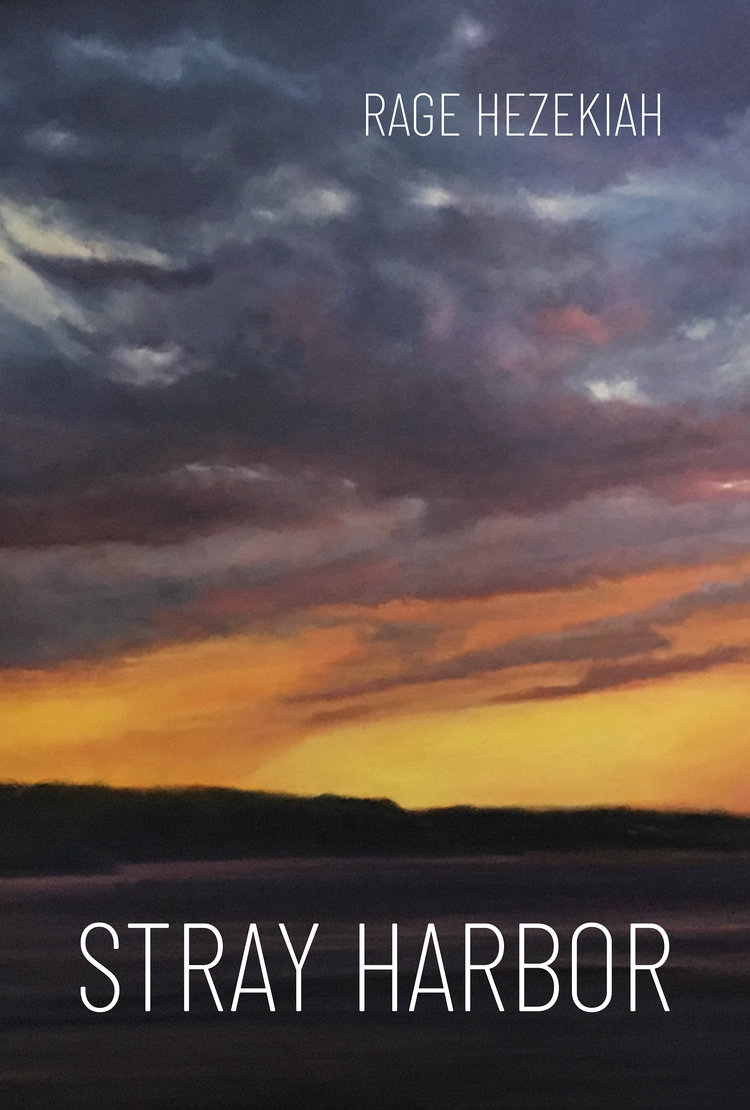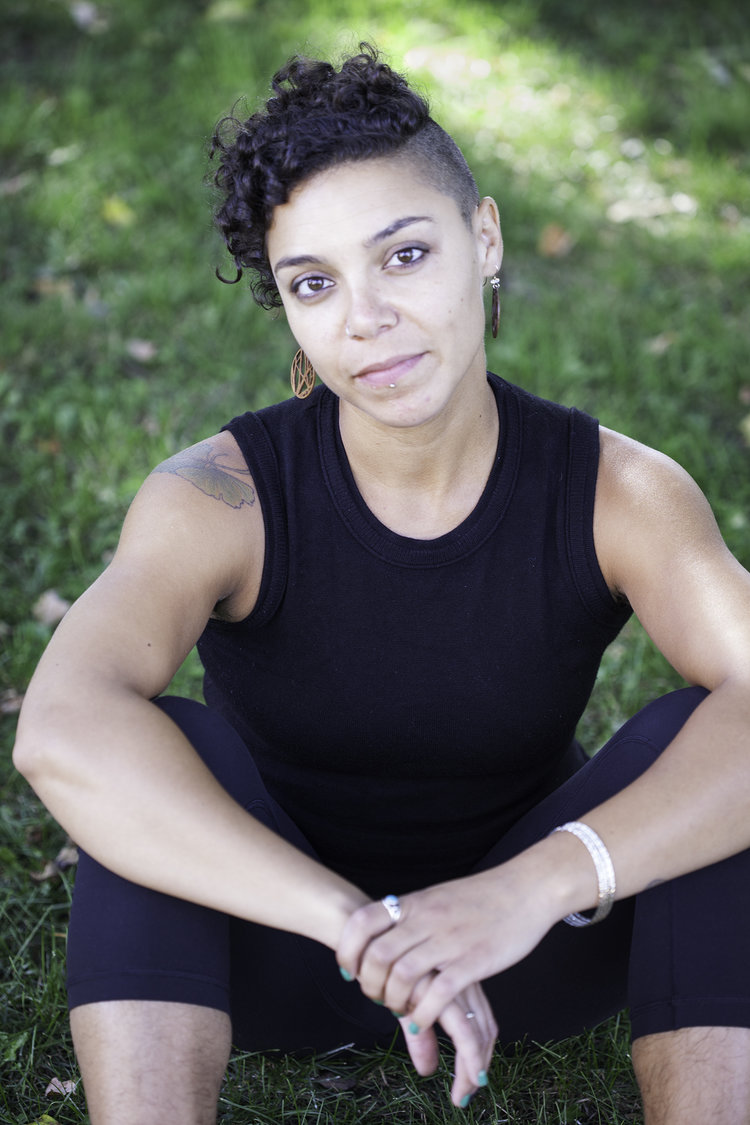When did you first encounter poetry? How did you discover that you wanted to write poems?
In middle school I remember reading Shakespeare for the first time when my class performed Romeo and Juliet. I was really taken with the sonic beauty of the language, and I feel like this experience led me to explore poetry more intentionally. Although I don’t remember reading any full volumes of poetry, I have memories of coming across Sylvia Plath’s “Daddy” and feeling entranced by it.
We studied poetry in middle school as well, and I wrote a sonnet that has thankfully disappeared called “Nature’s Concubine.” I wrote a lot of very dark poetry in my early teenage years, but it did help me work through the challenges of adolescence.
Do you have a writing routine? A favorite time or place to write?
I’m very grateful to have a daily meditation and writing practice. I’m a taurus, so routines are big for me. I get up early and sit for 25 minutes, then I make coffee and work on writing for an hour. It’s not always writing poems, sometimes it’s tending to some of the administrative pieces of being a working writer, but I treasure the time, and am often able to get good writing done.
Before sunrise and into the first hour of the day is my golden time. I’ve always been an early riser, and I love the quiet dark of morning. The world is so peaceful at sunrise, and it feels like a privilege to wake up before the sun. I have a writing/meditation room in my home, and it’s a very gentle space.

Where do your poems most often come from—an image, a sound, a phrase, an idea?
All of the above! I often write from personal experience or memory, and writing poetry helps me to work through obsession. I carry a notebook, so often phrases or images will strike me and find their way into my work. Lately I’ve been really grateful for the awareness that I’m working through trauma in my poems, and able to write about what troubles me.
Which writers (living or dead) do you feel have influenced you the most?
bell hooks, Sandra Cisneros, Zadie Smith, Seamus Heaney. It’s a long list, but that feels like a good start.
Tell us a little bit about your new collection: What’s the significance of the title? Are there overarching themes? What was the process of assembling it? Was is a project book?
Stray Harbor reflects the balance between feeling lost and feeling safe; exploring themes of identity, family, and sexuality in the natural world. I’m grateful I had the opportunity to spend a few weeks at The MacDowell Colony when I was finishing this manuscript. During that time, I wrote the names of the poems on stickies in my studio and spent quite some time rearranging them. The manuscript has evolved quite a bit since then, but as the book has changed, that strategy has been really effective for me. I wanted there to be sense of fluidity propelling the book forward, and I tried to arrange the poems to facilitate this. I’m definitely a visual learner, and being able to work with the poems in a tangible way was really helpful. I appreciated being able to live in the space of curation, and alter the order until it felt right. In some ways, the process felt organic for me.
Read our “10+ QUESTIONS WITH” interview with Rage Hezekiah

Rage Hezekiah is a Cave Canem and MacDowell Fellow who earned her MFA from Emerson College. She is a recipient of the Saint Botolph Emerging Artist Award in Literature and was nominated for Best New Poets, 2017. Her recent chapbook, Unslakable, is a 2018 Vella Chapbook Award Winner published by Paper Nautilus Press. Stray Harbor, her debut full-length collection of poems, is forthcoming with Finishing Line Press. Rage’s poems have appeared in The Academy of American Poets Poem-a-Day, Rattle, Salamander, and several other journals and anthologies. You can find more of her work at ragehezekiah.com.
